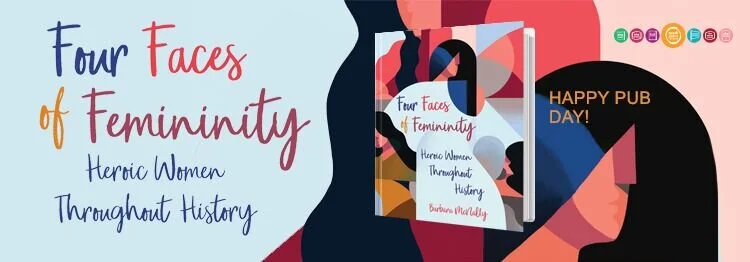When you hear the phrase “women's work,” what comes to your mind? Do you see board rooms and corner offices, empowered women taking their senatorial seats and performing mayoral duties? Or do those two words conjure images of cooking, cleaning, and care-taking?
All over the world, women spend an average of 4.5 hours a day doing unpaid work, including grocery shopping, child care, food preparation, and laundry. That's more than double the amount of time men spend tending home and hearth, according to Organization for Economic Cooperation and Development (O.E.C.D.) data. Although women have made tremendous strides in pursuing high-level careers and prominent positions in government, many are still expected to come home and shoulder the majority of the unpaid, family- and home-maintenance work, too.
Sure, honey, you can take that high-pressure, huge-paycheck job! But only if you can keep the kids happy, the house spotless, and everyone fed in your free time ...
Saying this may sound whiny, like a petulant foot-stomp and accompanying tantrum about unfairness. And I won't lie to you, I DO think this is incredibly, infuriatingly unfair! But there's more to it than mere gender-role imbalance. Consider this: Since women frequently spend 4.5 hours—more than half a work day's worth of time— cooking, cleaning, and care-taking, that's 4.5 hours they cannot spend doing other things. Like studying for higher degrees, applying for better jobs, creating business plans, finding ways to advance their careers and goals. When women accept the majority of unpaid family work, they also accept that their personal time and resources will be extremely limited. The result: something called “time poverty.”
A New York Times article on the subject of time poverty states, “When the time women spend on unpaid work shrinks to three hours a day from five hours, their labor force participation increases 20 percent, according to the O.E.C.D. When women are not able to go to school, their children are less healthy and more likely to stay in poverty. Women could do more paid work and get more education if men did more unpaid work.”
Because of my own work with the wives of wounded warriors, my mind goes directly to care-taking. I have met dozens of women whose spouses have returned home from combat severely wounded and who have put their entire lives and careers on hold to care for their injured loved-ones. Many have renovated their homes to accommodate wheelchairs, quit their jobs to help their partners heal and recover, lost friends and become distant from family because their demanding new lives simply overwhelm them. These women almost always accept this unpaid work, stepping up to care for their spouses without a word of complaint or any expectation of outside help or support.
When roles are reversed and a woman veteran returns home injured, male spouses seldom turn their lives upside-down to become full-time care-takers. And you know what? Those relationships often fare better. When a wife sacrifices her work and identity for her wounded husband, she may come to resent those sacrifices. The wounded husband may feel unspeakably grateful for his wife's generosity, but also guilty for putting her in a tough position. But when the uninjured spouse has access to enough help and support to continue working and tending her friendships, she is considerably less likely to burn herself out on care-taking tasks.
When the Gates Foundation outlined its giving priorities for 2016, Melinda Gates chose to focus on time poverty, saying that, given the opportunity, women would “spend more time doing paid work, starting businesses, or otherwise contributing to the economic well-being of societies around the world. The fact that they can’t holds their families and communities back.” And I agree. Time poverty doesn't just hurt the women it affects directly, it hurts us all. Because it keeps generations of women from becoming innovators, leaders, and world-changers. If women worldwide had those unpaid hours back, there's no telling what great works we could undertake.
Dividing up chores and household tasks may seem like a tiny change, but it's a tiny change that could have huge reverberations across the globe.




